American ambassadors to Germany usually carry tremendous weight and influence in Berlin. Did the new emissary Richard Grenell blow his advance, or are his German critics blowing a recent tweet out of proportion? The answer is: both, writes Constanze Stelzenmüller. This piece originally appeared in the Washington Post.
Judging by the public outrage that has descended on Richard Grenell, Washington’s new ambassador to Berlin, one would have to regretfully conclude that his barely-begun diplomatic mission is already over. The invective that greeted his inaugural tweet on Tuesday, his first day on the job, right after presenting his credentials to the German president, is mostly unsuitable for quotation in a family newspaper. Suffice it to say that people were upset, many of them inviting him to [expletive deleted] return to his native lands.
This is unusual, to say the least. Germany has generally cherished its relationship with America — the country that “liberated us,” as then-President Richard von Weizsäcker once said, from the Third Reich — despite some genuinely nasty spats. (Think Star Wars, Iraq, Libya and the National Security Agency surveillance of Chancellor Angela Merkel’s cellphone.) American ambassadors usually carry tremendous weight and influence in Berlin: as respected and sought-after interlocutors, translators, negotiators and bridge-builders between the two capitals, as energetic representatives of a deep and broad business and investment relationship, and as indefatigable social hosts. When the relationship between the two countries is good, American ambassadors can be wildly popular; when it is not, they are even more important.
So a new U.S. emissary can count on a massive advance of goodwill when he lands at the airport — even if he isn’t bringing every single one of his four kids decked out in the shirts of the defiantly unglamorous Berlin soccer team Hertha BSC, as Phil Murphy did in August 2009.
So did Grenell blow his advance, or are his German critics blowing a tweet out of proportion? The answer is: both. The question now is: how to salvage the assignment — in the interests of both the United States and Germany.
The offending tweet, written on the heels of President Trump’s announcement that the United States will leave the Iran nuclear deal, declared that “German companies doing business in Iran should wind down operations immediately.” This was widely read as an order, if not a threat. At minimum, it came off as a singularly charmless introduction. As one German Twitter critic drily noted: “At least where I grew up the way of saying hello to my host was slightly different: Hi, my name is Richard and I am happy to be in Germany, thanks for having me.”
The Germans, for their part, have become a tad thin-skinned. It was, after all, just a tweet. And it was directed primarily at an audience of one, on the other side of the Atlantic.
Then again, policymakers in Berlin have real reason to be anxious. The disrupter-in-chief in the White House, and the hard-liners he is increasingly surrounding himself with, have made no secret of their disdain for the European Union and for Germany, the E.U.’s single biggest stakeholder. Merkel has made two uncomfortable and ultimately fruitless trips to Washington. A recent visit to Berlin by Wess Mitchell, a senior State Department diplomat with responsibility for European affairs, went badly, with eruptions of temper and frustration on both sides. Germans are dismayed by the Trump administration’s seeming contempt for allies, multilateral institutions, international norms and the niceties of diplomacy.
Given all that, the chancellery and the foreign ministry reacted to Tuesday’s tweet in the only appropriate way: with a dignified silence. (They also resisted calls to have the ambassador summoned.)
Now what? Grenell has undoubtedly maneuvered himself into a delicate position. Only he can decide whether his mandate is to lay down White House talking points in the tone of an ultimatum, or to help redefine the U.S.-German relationship for an era of global great-power competition, in which both sides cooperate despite substantial disagreements. He must judge whether his principal task is to excoriate unsatisfactory allies as deviant freeloaders, or to thrash out policy disagreements and find pragmatic solutions to shared problems. In the latter case, there is much room for constructive conversations. In the former, Grenell may soon find the silence around him thickening like a dense and impenetrable fog.
The Germans, conversely, need to realize that having an ambassador who is liked and trusted by both Trump and his new national security adviser John Bolton is a gift, and an opportunity to make up for time lost by Berlin in the first year of the administration. Bluntly put, the moral posturing and the passive-aggressive carping have to end. Our allies, including the United States, are entitled to ask us to bear a greater share of the burden of our security. This happens to correspond with our own interests. In the language of Twitter: We need to grow a pair.
In the meantime, could someone please take Grenell out to dinner? That could be the beginning, if not of a beautiful relationship, then at least of a reset.

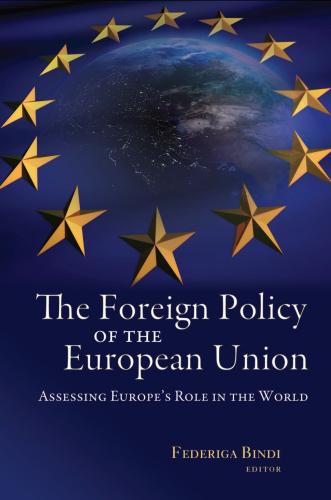
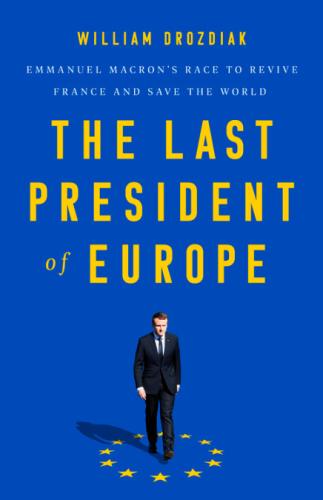
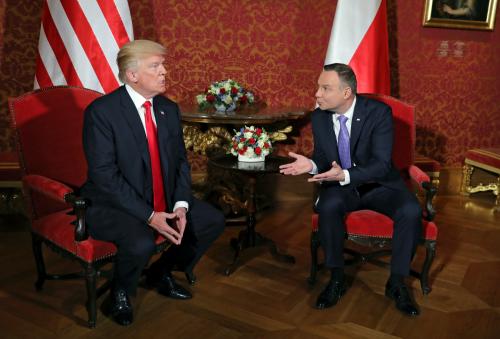
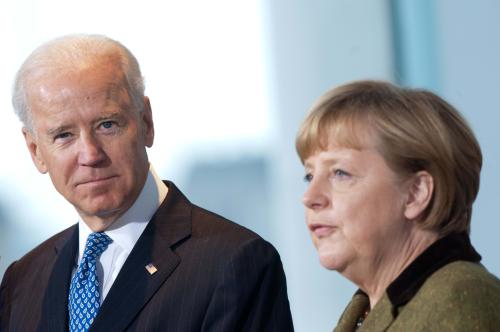
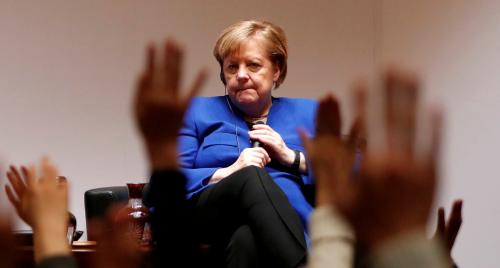


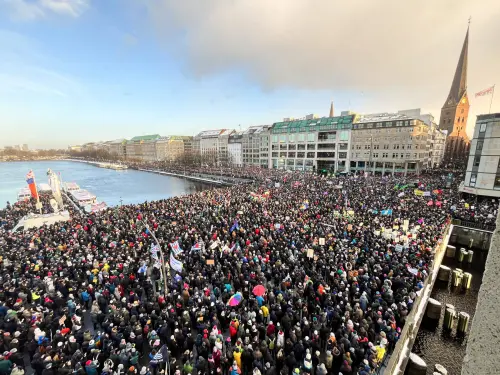
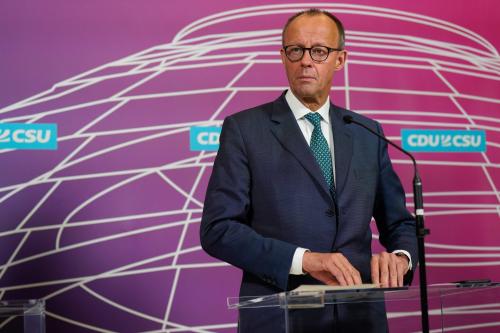
Commentary
The new U.S. ambassador to Germany just made himself the least popular diplomat in Berlin
May 14, 2018